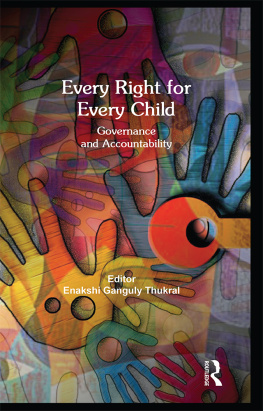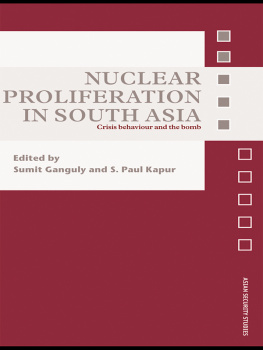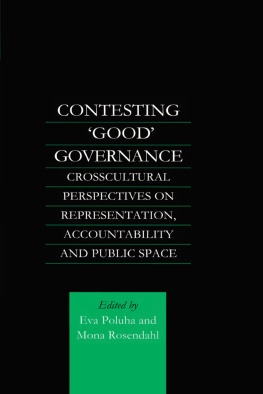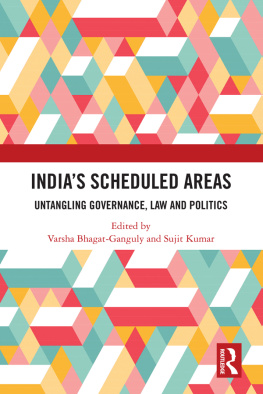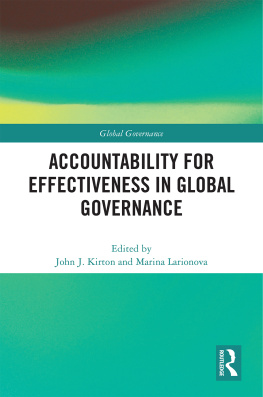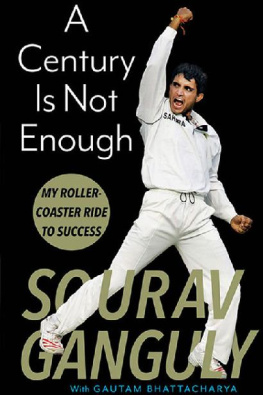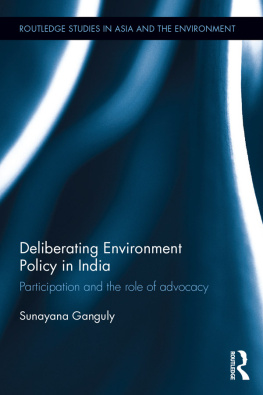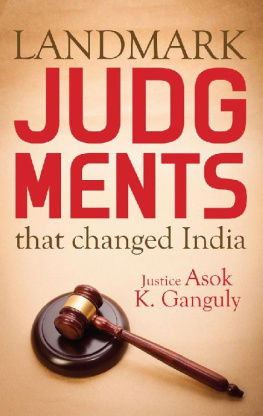First published 2011 in India
by Routledge
912 Tolstoy House, 15-17 Tolstoy Marg, Connaught Place, New Delhi 110 001
Simultaneously published in the UK
by Routledge
2 Park Square, Milton Park, Abingdon, Oxfordshire OX14 4RN
First issued in paperback 2015
Routledge is an imprint of the Taylor & Francis Group, an informa business
2011 HAQ Centre for Child Rights, New Delhi
Typeset by
Bukprint India
B-180A, Guru Nanak Pura
Laxmi Nagar, Delhi 110 092
This volume is published in collaboration with HAQ Centre for Child Rights, New Delhi.
All rights reserved. No part of this book may be reproduced or utilised in any form or by any electronic, mechanical or other means, now known or hereafter invented, including photocopying and recording, or in any information storage and retrieval system without permission in writing from the publishers.
British Library Cataloguing-in-Publication Data
A catalogue record of this book is available from the British Library
ISBN-13: 978-1-138-66000-7(pbk)
ISBN-13: 978-0-415-67837-7(hbk)
The year 2009 marked the twentieth anniversary of the adoption of the United Nations Convention on the Rights of the Child (UNCRC). In the years since I was first engaged in the drafting of this very important convention, I have seen many significant changes occur. Not only is it the most ratified human rights treaty in the UN system, but a process of social change has taken place at the national level as a result. Indeed, laws, policies and discourse have changed across countries, and children are increasingly perceived as full-fledged citizens.
In spite of the important achievements made over the last 20 years, and significant experience that we have gained along the way, childrens concerns continue to run the risk of being perceived as minor issues and are often placed in a growing waiting slot.
There is still a perception that policy decisions are neutral to children, and that the existing laws, policies and institution provide the necessary environment to protect children from any negative development. Promoting evidence-based approaches to overcome the many challenges that compromise childrens development and well-being is an expression of wisdom and good economics. But it remains above all a question of accountability for the rights of the child.
The implementation of childrens rights is intrinsically linked to strong political will. Information, analysis and knowledge constitute core building blocks of a system of public scrutiny and reporting on the rights of the child and the foundation of a transparent and accountable governance system. Indeed, these are the essential dimensions that enable governments to take the right decisions at the right time.
Governance systems must safeguard childrens rights and ensure child protection from violence, abuse, exploitation and discrimination within families, the school, child institutions, and more broadly, society as a whole. Human rights standards provide a tangible indicator of how genuine national commitments are to respecting the human dignity of the child at all times; to addressing risk factors that compromise childrens development and citizenship; to investing in the social inclusion of the most vulnerable; and to promoting actions that are built upon childrens best interests, perspectives and experiences.
Partnering with children and listening to them is key. Joining hands with young people and listening to their views and experiences allows us to gain a better understanding of the hidden face of human rights violations, including any form of violence. More importantly, it helps us to become better equipped to prevent their occurrence, to develop better and more lasting strategies, and to monitor progress and impact achieved.
Organisations across the world have developed initiatives and methods to monitor state performance and accountability for children. They have engaged with their governments to make governance systems more responsive to the rights, well-being and concerns of children. They have worked towards the recognition of childrens citizenship, empowering children to participate in decision-making and influence decisions for the improvement of their lives. This book attempts to bring together some of these initiatives. It enables us to gain an understanding of good governance for children and the realisation of their economic, cultural, social, civil and political rights.
These initiatives illustrate how our actions must be grounded in the principle of indivisibility of human rights and guided by the best interests of the child. Violation of childrens rights undermines the enjoyment of all rights and has serious, life-long effects on childrens lives and well-being. Violence undermines child development, learning abilities and school performance, inhibits positive relationships, produces trauma, low self-esteem and often leads to risk-taking and aggressive behaviour, and at times self-inflicted harm.
In these initial years of the twenty-first century, nations are challenged by many competing priorities, hard-pressed by the economic down turn, confronted with a serious food and environmental crisis and an increasing difficulty to secure funding and sustain investment.
At the same time, in countries in the north as well as the south there is a growing search and demand for child-centred solutions that help cushion children against the impact of the crisis and effectively safeguard their human rights. Knowledge lays the foundation for creativity, openness for change and confidence in investment in human development. With sound research, national planning and policy making can be strategically shaped, external relations influenced and mind-sets shifted in favour of the realisation of childrens rights; and in this process children can and must be seriously perceived as indicators of social progress.
To consolidate good governance for childrens rights, we need to focus on the holistic being of the child and move away from compartmentalised approaches and fragmented actions to more integrated and cross-sectoral interventions that are enriched by knowledge from diverse disciplines.
Let us capture the diverse changing nature of childhood and the dynamic and evolving agency of childrenas citizens of today, rather than adults in the making.
Let us reflect on the achievements we have been able to promote and on the many challenges that prevail to ensure the universal realisation of childrens rights. Informed by the experience we have gained across nations and inspired by the ideals of the Convention on the Rights of the Child, this is the time to renew our commitment to childrens rightsnot just as an evolving routine in our daily work, but by re-energising the world in an irresistible sense of urgency and ambition.


